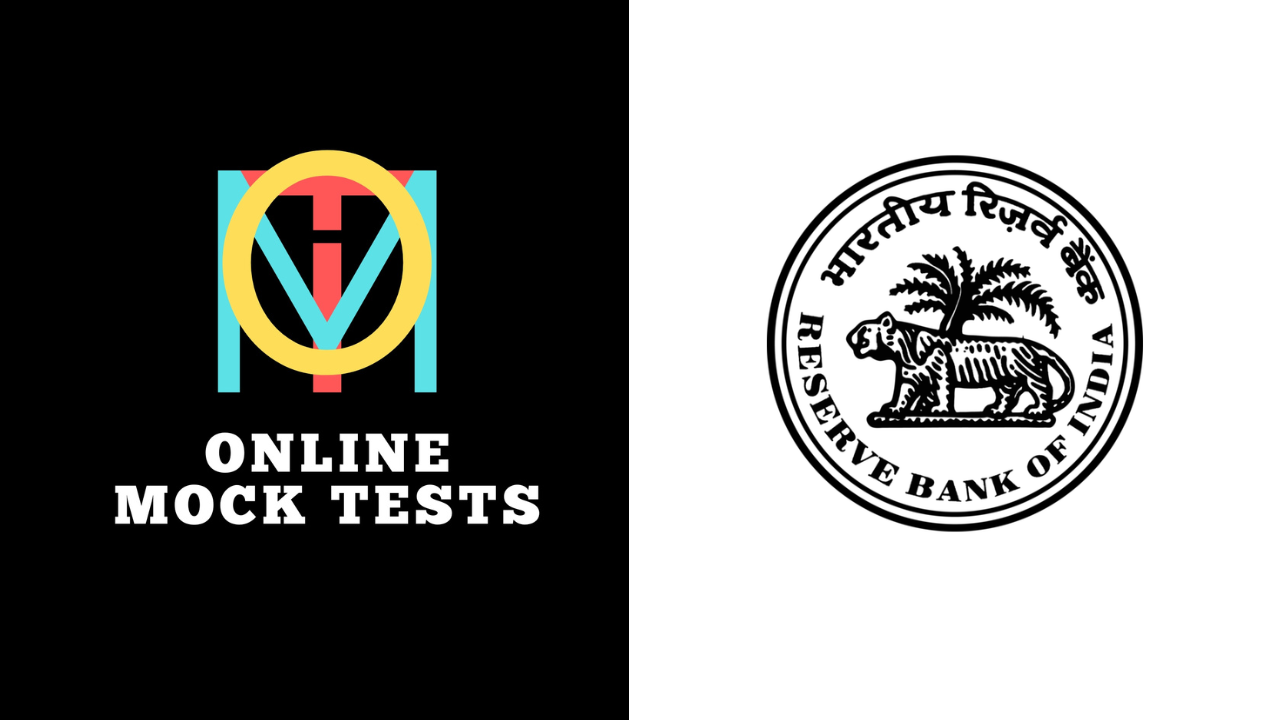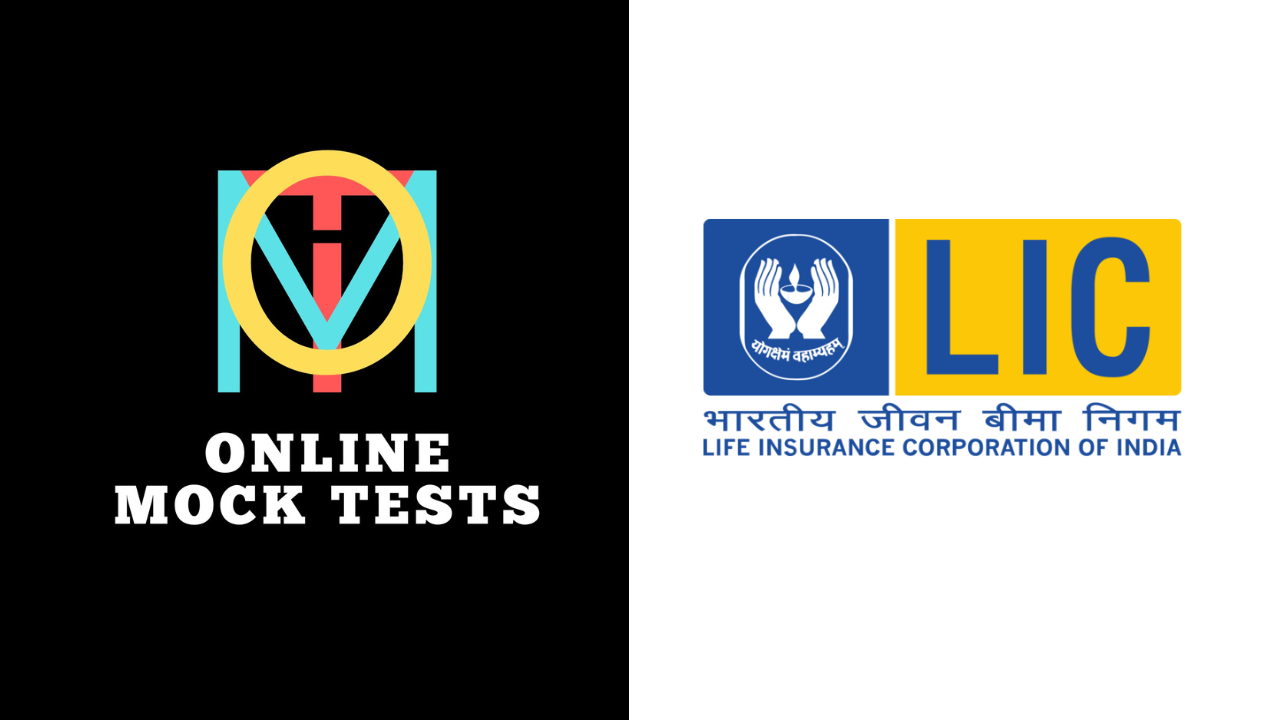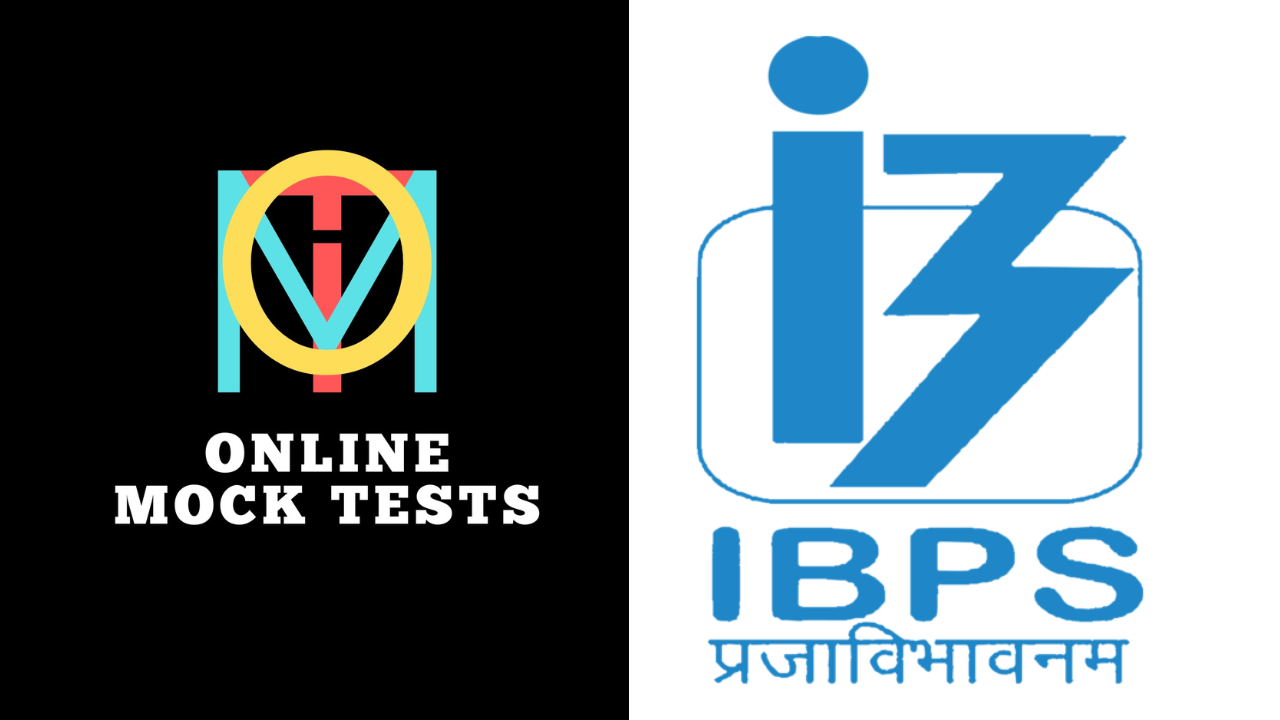Blog details
 RBI Grade B 2025 Preparation Roadmap
RBI Grade B 2025 Preparation Roadmap
The Ultimate Guide to RBI Grade B Examination 2025: Strategies for Success
Introduction
The Reserve Bank of India (RBI) Grade B Officer examination is one of the most prestigious and sought-after opportunities in the banking sector. As we approach the 2025 recruitment cycle, thousands of aspirants across India are gearing up to secure a coveted position in the country's central banking institution. This comprehensive guide aims to equip you with everything you need to know about the RBI Grade B exam, from understanding its structure to implementing effective preparation strategies that can help you succeed.
Understanding the RBI Grade B Examination
Exam Structure for 2025
The RBI Grade B examination is conducted in three phases:
- Phase I: Preliminary Examination - An objective-type online test
- Phase II: Main Examination - A mix of objective and descriptive papers
- Phase III: Interview - A personal interview to assess your suitability for the role
Latest Syllabus Breakdown
Phase I: Preliminary Examination
| Subject | Number of Questions | Maximum Marks | Duration |
|---|---|---|---|
| General Awareness | 80 | 80 | 25 minutes |
| English Language | 30 | 30 | 25 minutes |
| Quantitative Aptitude | 30 | 30 | 25 minutes |
| Reasoning | 60 | 60 | 45 minutes |
| Total | 200 | 200 | 120 minutes |
Phase II: Main Examination
Paper I: Economic and Social Issues
- Descriptive type questions from economic and social issues in India and globally
- Maximum marks: 100
- Duration: 3 hours
Paper II: English (Writing Skills)
- Essay, precis writing, comprehension, and business/official letter writing
- Maximum marks: 100
- Duration: 3 hours
Paper III: Finance and Management
- Objective type questions covering finance, management, and financial markets
- Maximum marks: 100
- Duration: 2 hours
Marking Scheme
- Phase I: +1 mark for every correct answer; -0.25 mark for every incorrect answer
- Phase II: No negative marking for descriptive papers; for the objective paper, +1 mark for correct answers and -0.25 for incorrect answers
- Final Selection: Based on cumulative performance in Phase II and Phase III
Crafting Your Preparation Strategy
1. Create a Structured Study Plan
The key to cracking the RBI Grade B examination lies in systematic preparation. Here's a suggested 6-month study plan:
Months 1-2: Building Fundamentals
- Familiarize yourself with the entire syllabus
- Focus on understanding basic concepts across all subjects
- Take diagnostic tests to identify strengths and weaknesses
Months 3-4: Intensive Study
- Dedicate more time to challenging subjects
- Practice previous years' question papers
- Begin topic-wise mock tests
Months 5-6: Revision and Mock Tests
- Complete full-length mock tests under timed conditions
- Revise all topics with special attention to weak areas
- Fine-tune your test-taking strategy
2. Section-wise Preparation Tips
General Awareness
- Read a quality newspaper daily (The Hindu, The Economic Times, etc.)
- Follow RBI's financial news and updates
- Create concise notes on current affairs, particularly banking and economic developments
- Focus on last 6-12 months of financial news and RBI policies
English Language
- Improve vocabulary through reading and word lists
- Practice reading comprehension passages daily
- Master grammar rules and their applications
- Work on enhancing your writing skills for Phase II
Quantitative Aptitude
- Master foundational concepts in arithmetic, algebra, and data interpretation
- Practice calculation-intensive questions to build speed
- Learn shortcut methods for quick calculations
- Focus on data interpretation and analysis questions
Reasoning
- Practice puzzles and seating arrangements daily
- Master logical deduction and inference questions
- Work on improving your speed for complex reasoning problems
- Practice visualization techniques for arrangement-based questions
Economic and Social Issues
- Study India's economic policies and their impacts
- Understand global economic trends affecting India
- Learn about major social development programs
- Focus on recent economic surveys and budget highlights
Finance and Management
- Study financial markets, banking operations, and financial institutions
- Understand corporate finance basics
- Learn key management theories and their applications
- Focus on RBI's role in the financial system
Mastering Exam Day Strategies
Time Management During the Exam
Phase I Strategies
- Allocate time proportionally to the number of questions in each section
- Begin with your strongest section to build confidence
- Use the first 5 minutes to scan the question paper and plan your approach
- Leave difficult questions for the end rather than getting stuck
Phase II Strategies
- For descriptive papers, spend 15-20 minutes planning your answers
- Allocate time for revision at the end
- For the objective paper, follow a similar approach as Phase I
- Practice writing concise, well-structured answers for the descriptive sections
Improving Accuracy
- Read questions carefully before attempting
- Avoid guesswork when unsure, especially considering negative marking
- Use elimination techniques for MCQs
- Double-check calculations in quantitative questions
- Practice estimation to verify your answers quickly
Handling the Interview (Phase III)
- Stay updated on current economic affairs and RBI policies
- Prepare to discuss your academic background and connect it to the role
- Be ready for questions about your home state's economy
- Practice mock interviews to build confidence
- Research typical RBI interview questions and prepare thoughtful responses
- Dress professionally and arrive early on the interview day
Analysis of Previous Years' Trends
Cut-off Marks (2022-2024)
| Year | Phase I (General) | Phase I (OBC) | Phase I (SC) | Phase I (ST) | Phase II (Combined) |
|---|---|---|---|---|---|
| 2022 | 65.75 | 60.00 | 54.50 | 54.50 | 107.75 |
| 2023 | 67.25 | 62.25 | 57.00 | 55.25 | 110.50 |
| 2024 | 68.50 | 63.75 | 58.50 | 56.00 | 112.25 |
Expected Trends for 2025
Based on the analysis of previous years' examinations, we can anticipate:
- A slight increase in the overall difficulty level
- Greater emphasis on application-based questions
- More questions on recent financial developments, particularly digital banking
- Increased focus on financial inclusion initiatives and monetary policy
- Higher cut-off marks due to growing competition
Common Mistakes to Avoid
- Neglecting current affairs - RBI examinations heavily test awareness of recent economic and banking developments
- Inadequate practice of mock tests - Taking full-length tests is crucial for building stamina
- Ignoring the descriptive paper - Many candidates focus only on objective sections
- Poor time management - Not allocating sufficient time for revision
- Last-minute preparation - Cramming close to the exam date rarely yields results
- Overlooking the official notification - Missing important details about eligibility and exam pattern
- Unbalanced preparation - Focusing too much on strengths while neglecting weaknesses
Maintaining Motivation and Managing Stress
Building Mental Resilience
- Set realistic daily goals - Celebrate small achievements to maintain momentum
- Create a support system - Connect with fellow aspirants for motivation
- Practice mindfulness - Meditation and breathing exercises can help manage exam anxiety
- Maintain physical health - Regular exercise boosts cognitive function and reduces stress
- Take planned breaks - Schedule leisure activities to prevent burnout
Overcoming Preparation Challenges
- When facing difficulty with a topic: Break it down into smaller parts, seek alternative explanations
- When motivation drops: Remind yourself of your end goal and why this career matters to you
- When facing burnout: Take a short break, change your study environment, or switch to a different subject
Final Weeks Before the Exam
- Focus on revision rather than learning new concepts
- Take care of your health and ensure adequate sleep
- Review your notes and highlight key formulas and facts
- Simulate the actual exam environment during practice tests
- Prepare all required documents and plan your journey to the exam center
Conclusion
The RBI Grade B examination is challenging but conquerable with strategic preparation and consistent effort. Remember that success comes not just from hard work but from smart work. By following a structured preparation plan, focusing on your weaknesses, staying updated with current affairs, and maintaining a positive mindset, you can significantly improve your chances of securing a prestigious position at the Reserve Bank of India.
As you embark on this journey, remember that every hour of focused study brings you one step closer to your goal. The road may seem long and the competition fierce, but with determination and the right approach, you can turn your dream of becoming an RBI Grade B Officer into reality.
Best of luck with your preparation!






